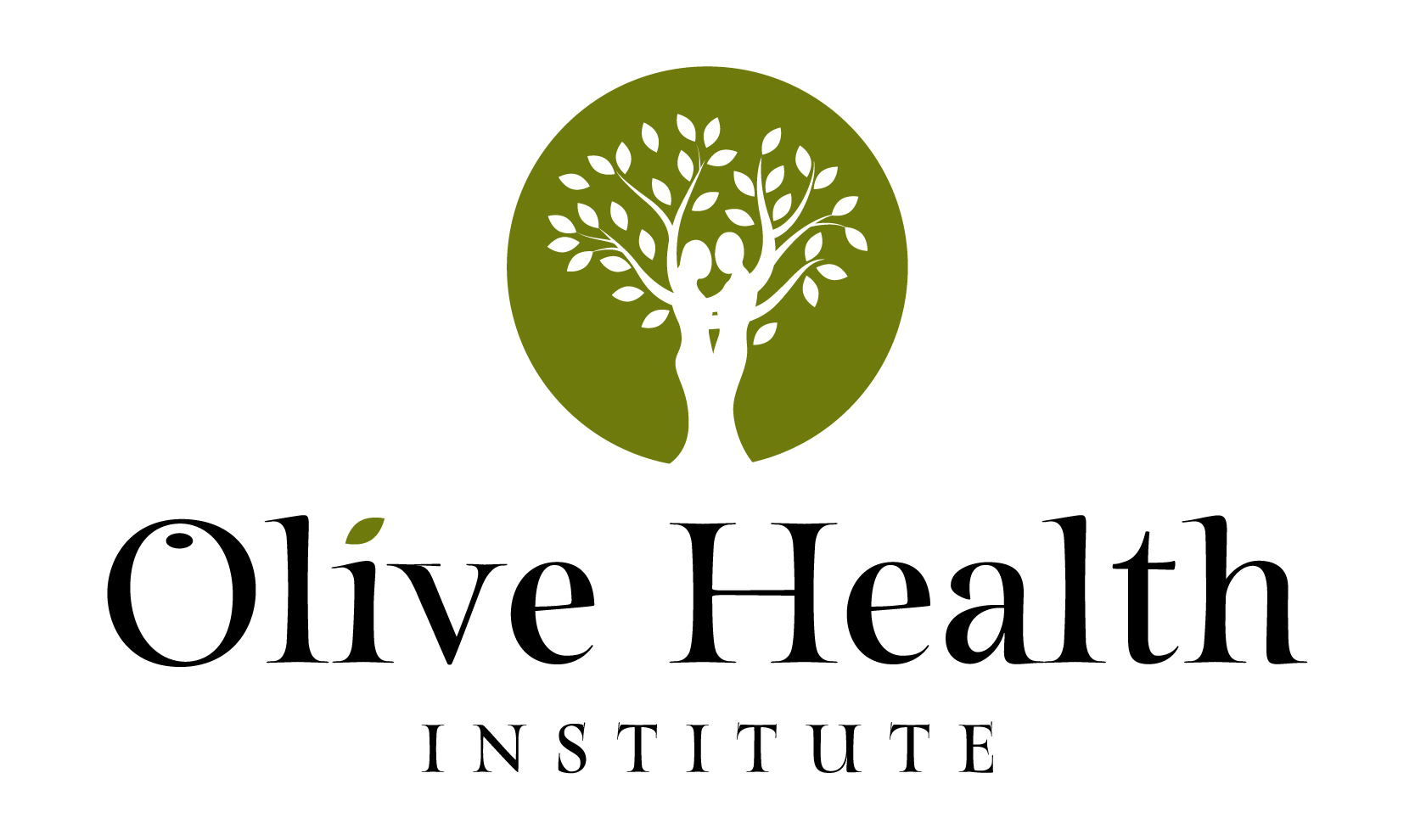
Hydroxytyrosol: the most powerful antioxidant from olive oil

Hydroxytyrosol is a natural substance found in olive trees, primarily in the leaves ,fruits, waste water , olive pulp and therefore also in extra virgin olive oil. This bioactive substance belongs to the polyphenol group and is known for its exceptionally strong antioxidant properties.
Thanks to this property, hydroxytyrosol plays a key role in protecting body cells from free radical damage. It is therefore increasingly cited as one of the most important health-promoting components of olive oil.
What is hydroxytyrosol?
Hydroxytyrosol (abbreviated HT) is a phenolic alcohol, found both in its free form and bound to other substances. It's found in olive oil, as well as table olives and olive leaves. It's also found in much lesser quantities in wine and grapes.
HT is amphipathic, meaning it thrives in both water and fats. This allows it to be active in various locations throughout the body, from the blood and organs to the brain.
Recognizied by science
The European Food Safety Authority (EFSA) and the Federal Drugs Authority (FDA) recognize hydroxytyrosol as safe and effective.
EFSA
In accordance with Commission Implementing Decision (EU) 2017/2373, hydroxytyrosol derived from chemical synthesis has been authorized as a Novel Food. Additionally, the European Food Safety Authority (EFSA) has issued a scientific opinion on the safety of hydroxytyrosol as a Novel Food. The opinion states that the expected daily intake of hydroxytyrosol from these uses is comparable to or even lower than the exposure from consuming olive oil and olives. Therefore, the panel concluded that hydroxytyrosol is safe under the specified uses and use levels.In 2017, the substance was approved as a "novel food ingredient" within the European Union. The EFSA also links this to an official health claim: with a daily intake of at least 5 mg of hydroxytyrosol (or similar compounds) per 20 grams of olive oil, the substance helps protect blood cholesterol from oxidative damage.
FDA
In the US, hydroxytyrosol has been approved as a Generally Recognized as Safe (GRAS) substance. Notably, another GRAS substance is hydrolyzed aqueous olive pulp extract, a phenolic preparation. Hydroxytyrosol is primarily intended for use as an antioxidant and antimicrobial in beverages, fats and oils, fresh and processed fruits and vegetables and juices, and gravy and sauces at use levels of 5.0 milligrams per serving.
China
Hydroxytyrosol has been approved as a new food additive in China. It is used as an antioxidant in vegetable oils (food category 02.01.01) to delay oxidation, with a maximum level of 0.05 g/kg. This approval applies to hydroxytyrosol produced from tyrosine through a process involving fermentation with Corynebacterium glutamicum, followed by catalytic conversion, separation, and purification.
Australia and New Zealand
According to the "Food/Food Ingredients Record of Views" by Food Standards Australia New Zealand (FSANZ), the safety assessment for olive fruit extract notes that there are no safety concerns identified at levels of use (up to 20 mg/day of hydroxytyrosol). Therefore, it can be concluded that a daily intake of 20 mg of hydroxytyrosol is considered safe in Australia and New Zealand.
Conclusion
However, most people don't reach this recommended amount, simply because they don't consume enough olive oil or table olives in their diet. This makes HT intake through supplements or functional foods worthwhile.
Health benefits of hydroxytyrosol
Numerous studies show that hydroxytyrosol does more than just replenish antioxidants. The substance has been linked to:
> Protection of heart and blood vessels
> Neuroprotection (against aging and neurological diseases such as Alzheimer's)
> Anti-cancer effect
> Support of the immune system
> Antimicrobial and antiviral effects
> Regulation of fat metabolism and blood sugar
> Support for obesity and diabetes
Although many of these actions are still being further
investigated, it is clear that hydroxytyrosol is among the most powerful
natural antioxidants known.
